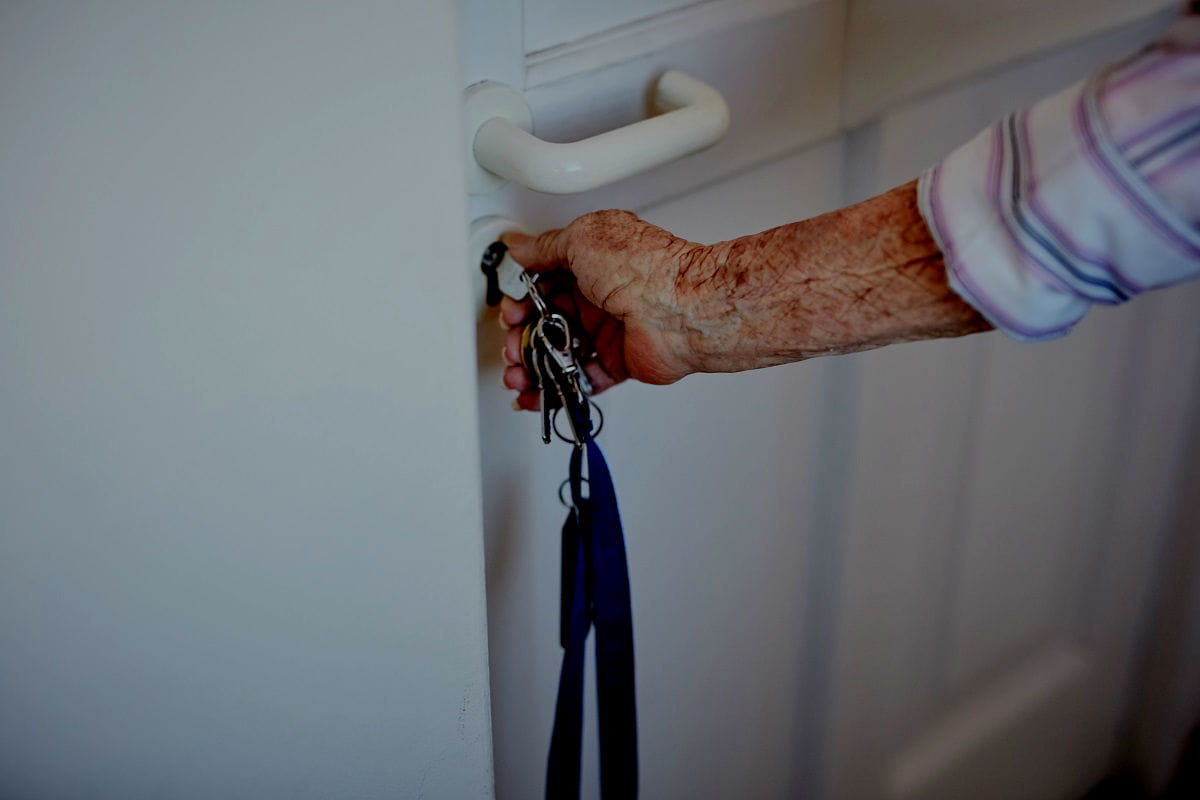With a high number of care homes closing at short notice, more families than ever may face the sudden and unexpected task of finding somewhere for their loved one to live and be cared for.
However, given the seemingly constant press reports of care home abuse and neglect, it is sometimes difficult to be certain that any decision you do make is the right one, especially if that decision must be made quickly.
So how do you go about finding suitable residential care in the first place, especially if you have a matter of days or weeks to make that crucial decision?
Who funds the care?
It is highly unlikely that residents will be ‘out on the street’ but even with plenty of time to prepare, a closure can be difficult as many vulnerable people will have built strong bonds with staff and the other residents.
When a care home does close, what happens next depends on the source of your relative’s funding for that care.
If your relation receives NHS Continuing Healthcare funding, then the NHS must find alternative accommodation. It is up to the local authority to find suitable accommodation for people funded by the council, however, when a provider goes bust at very short notice, then the local authority must ensure that the care previously given continues uninterrupted, regardless of who is paying the fees.
Self-funders with suitable help (i.e. usually the family) are left to find their own accommodation. The council can still carry out a needs assessment to help determine suitability and self-funders with no one to assist them can ask the council for help.
However, in these circumstances the onus will be very much on the family to find or approve alternative accommodation and provision.
Finding alternative residential care
The process of finding and moving into suitable alternative residential care is greatly simplified if the relative of the vulnerable person has a Lasting Power of Attorney (LPA) for Health and Welfare. Under this arrangement, the Attorney can make decisions quickly on that person’s behalf to ensure that they will be happy and comfortable.
The issue of what type of care may be required is also straightforward in these cases. A variety of care options are available, but if your relation was in residential care it is likely that they will require the same level of support and alternatives such as ‘supported independent living’ are probably out of the question.
Three key steps to finding a care home
Sarah Cunliffe, an associate solicitor who specialises in cases of care home abuse and neglect, suggests that there are three key steps to take:
Investigate local authority support
Depending on the nature of the residential care your relative receives at the moment, it is worth checking if they have a current care needs assessment or whether it is worthwhile getting another free needs assessment from the local authority social services department. Which? has a very useful resource on its website giving details of useful organisations and websites for local authority support.
Shortlist suitable care homes and read the inspection reports
You may know of homes locally or ask friends for recommendations, but if neither of those options are available to you, a comprehensive care services directory on the Which? website allows you to search for suitable care services in any part of the UK. This resource also includes Care Quality Commission (CQC) inspection ratings and a link to the latest inspection report.
Four watchdogs are charged with inspecting and reporting on care providers in the UK:
- The Care Quality Commission (CQC) in England
- The Regulation and Quality Inspection Authority in Northern Ireland
- The Care and Social Services Inspectorate in Wales
- The Care Inspectorate in Scotland
Their inspection reports are publicly available and give valuable insight into how well a home is managed and the level of care provided.
Visit the home
There is no substitute for ‘seeing for yourself’. It’s important to visit all the homes on your shortlist so that you can get as much information as you can. The charity Age UK’s website features a useful downloadable checklist of questions to ask and what to look for when you visit a care home
Useful resources: More help in finding a care home
You can find out more by emailing [email protected].
We are contacted regularly by families who have entrusted the care of their loved ones to a nursing or care home and who are finding that their trust is being broken and their loved ones are suffering.
Disclaimer
This information is for educational purposes only and does not constitute legal advice. It is recommended that specific professional advice is sought before acting on any of the information given. © Shoosmiths LLP 2025



















